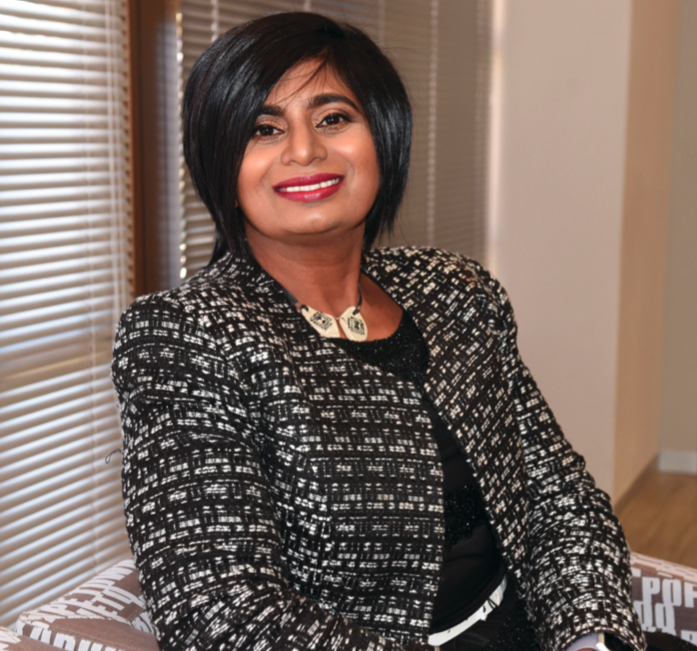Zanele Mbeki shows why empowering women is more than an office job
Who holds the answers to the insidious threat of climate change? Certainly, it is not the same people who currently hold the power.
I closed Duke CE’s recent conference, Lead With Her, with a rallying cry: the solutions to Earth’s problems will remain elusive unless the power of women can be harnessed globally. Without the inclusion of half the population, it’s unlikely that the solutions for a sustainable planet and an equal world will be realized.
Many of my thoughts were developed through conversations with the pioneering feminist Zanele Mbeki, the global thinker who founded the Women’s Development Bank. Mbeki has long been a powerful voice in reminding leaders that we have a responsibility to empower our teams that stretches well beyond the office. “Isolating the interventions to the workplace is akin to treating a symptom without addressing the root causes of an ailment – which may cause further damage to the organism in the long run,” she told me recently. “Business leaders must acknowledge that the workplace is but a reflection of all ecosystems of society. Therefore, they must advocate in all spheres of life, not only in the workplace, for a just and equal society.”
What does this holistic approach require in practice? As is so frequently the case in business, follow the money – or, rather, lead the money into areas where it can have the biggest impact. “Leaders should leverage the power of their business activity and their economic muscle towards several initiatives in and out of the workplace,” Mbeki told me. “These can be compounded to have a greater impact on the awareness of inequality in domestic and public life.”
Climate change is already exacerbating inequalities: its effects are disproportionately borne by women. “Gender equality is closely linked with climate change – because women living in underserved and under-resourced areas are the most vulnerable segment of society and they are first in line to be negatively impacted by climate change,” Mbeki told me. “In other words, women are doubly at risk due to the systemic inequality of our society’s design.”
Yet, paradoxically, it is women themselves who are best placed to tackle the crisis. They will be fundamental players in a re-designed society – provided leaders give them the tools and afford them the opportunity. “Empowering women through targeted and specific interventions, such as financial inclusion, training, and social development, is indispensable to a successful transition into a sustainable society,” said Mbeki. She advocates a “thoroughly reviewed value proposition” that moves from “predating and extracting, to co-creating, reasonable consumption and restoring social tissue, and the environment”.
The crucial first steps in fostering sustainable development begin in our organizations. Leaders have a duty to change attitudes so that the sorts of values Mbeki champions become the standard, not the exception, in the world outside. Leadership has shifted from positional authority to empowerment of careers and enablement of equity.
With that repositioning in mind, business leaders must embrace their role as leaders of society. Without gender equality today, a sustainable future and equal future remains beyond our reach. The challenge begins in our businesses. But Mbeki is right: it must not end there.

